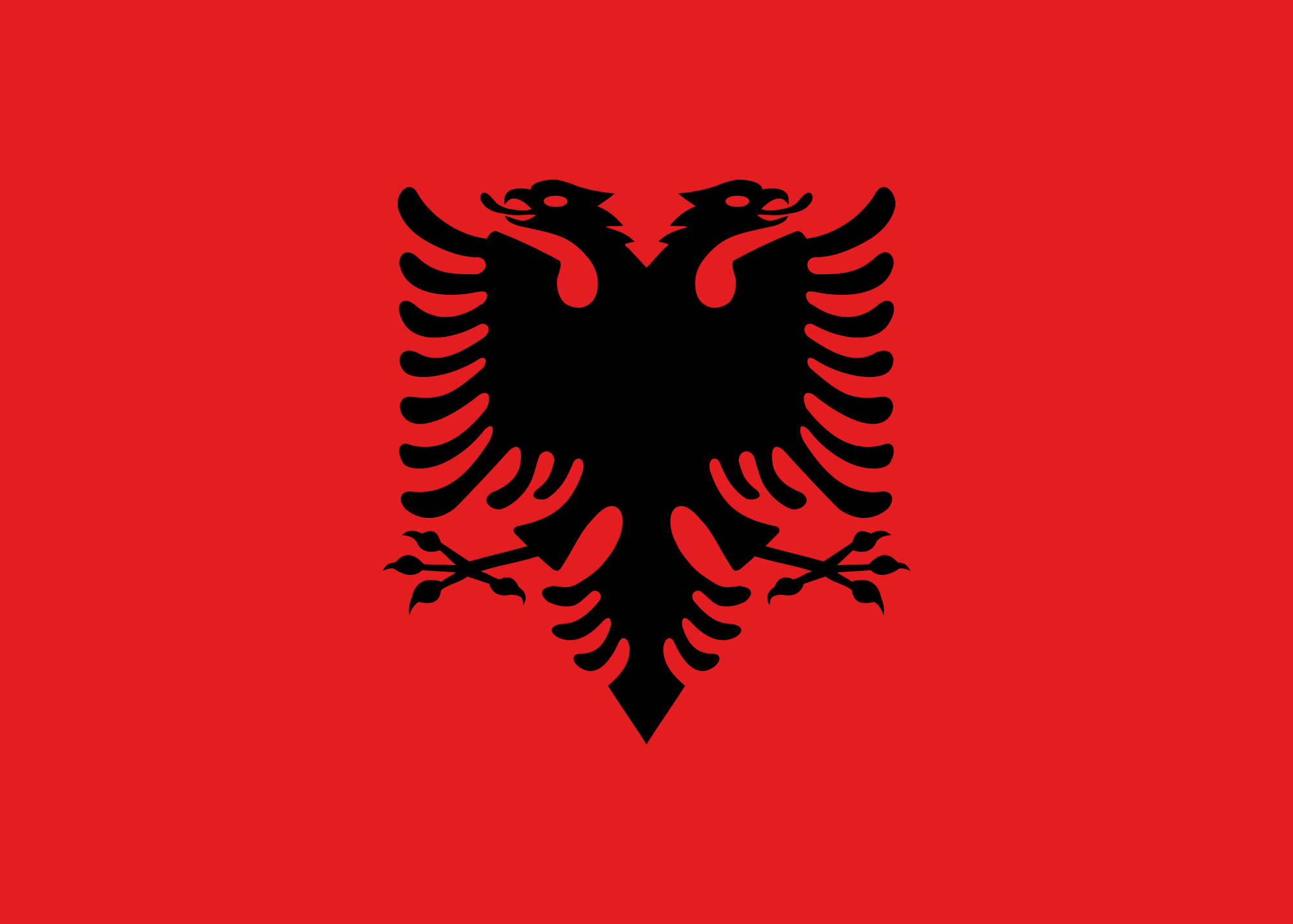Industry: Government and Local Authorities
Expertise: Business Applications and Data Analytics
Country: Axians Portugal
Lisbon’s public transport operator, Carris, set out to modernize its fare collection system to better meet the expectations of today’s digital-first travelers. With the rising demand for seamless, fast, and secure urban mobility, the existing ticketing methods no longer aligned with the habits of all modern passengers. Carris needed a solution that would improve user experience, simplify operations, and support Lisbon’s evolution into a smart city.
Under Carris payment partnership, Axians delivered a cutting-edge digital payments solution that is reshaping how passengers engage with public transportation. The system enables travelers to pay for their journeys directly using contactless bank cards or mobile devices, removing the need for paper tickets or prior top-ups. With the option to select the number of passengers directly on the validator screen, Axians’ solution allows the purchase of tickets for families or small group, an innovative and unique EMV feature.
In the near future, this new approach will allow for automatic fare calculation based on travel history, ensuring passengers always pay the best price available.
The solution was implemented by a multidisciplinary team of projects managers, UX designers, mobility experts and software engineers, amongst other professionals. Built on a cloud-native architecture and secured by industry-leading cybersecurity practices, the solution was designed for high availability, fast deployment, and full integration with Lisbon’s existing mobility infrastructure.
Passengers now benefit from a faster, more intuitive boarding experience, while Carris gains access to detailed operational data, reduced cash handling, and simplified system maintenance. Following Axians’ implementation of digital payments in rail operator Fertagus and tram operator MTS and current implementation deployment in Carris Metropolitana’s bus concessions, Axians is taking a significant step for full integration and interoperability. The flexibility of the platform and future expansion to other forms of transport, such as shared mobility services will keep reinforcing Lisbon’s commitment to sustainable and intelligent urban mobility.





































